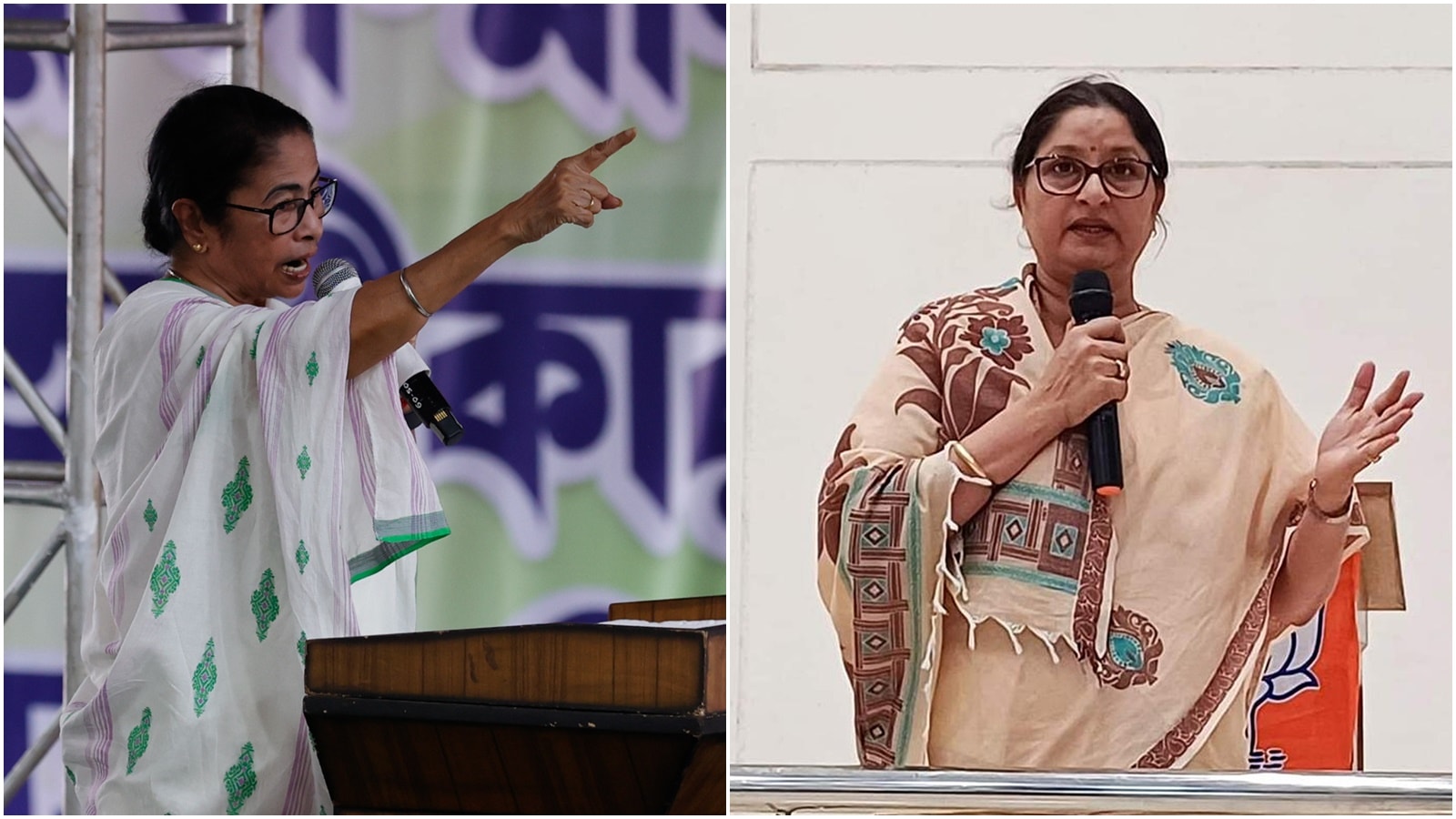 |
|
The escalating conflict between the West Bengal government, led by Chief Minister Mamata Banerjee, and the central government over the handling of rape cases in the state highlights a broader political struggle. This recent exchange of letters, marked by accusations and counter-accusations, sheds light on the diverging approaches to addressing this critical social issue. The crux of the conflict lies in the differing views on the effectiveness of existing legal frameworks and the role of state versus central authority in tackling the problem.
Mamata Banerjee's plea for a stringent central law underscores her belief that existing legislation is inadequate. She argues that exemplary punishment is needed to deter perpetrators of such heinous crimes. This perspective suggests a lack of faith in the state's ability to effectively enforce existing laws and prosecute offenders. The call for a central law also raises questions about the perceived deficiencies in the state's criminal justice system and its capacity to deliver swift and impartial justice.
The Union Minister's response, however, presents a contrasting viewpoint. She refutes the data presented by Mamata Banerjee and accuses the West Bengal government of attempting to deflect blame by emphasizing the need for a central law. Instead, she highlights the importance of effective implementation of existing legislation and emphasizes the central government's commitment to combating crimes against women. This response suggests a reliance on the existing legal framework and a focus on enforcing it effectively. The central government's emphasis on the importance of operationalizing Fast Track Special Courts (FTSCs) dedicated to handling rape and POCSO cases reflects a belief that improving the efficiency of the criminal justice system is a key to delivering justice.
The debate goes beyond the mere exchange of letters. It speaks to a deeper political divide, with the central government and the West Bengal government holding contrasting views on the effectiveness of the legal framework and the role of the state in addressing crime. This clash of perspectives highlights the complexities of navigating social issues, especially when political differences intertwine with the pursuit of justice. The effectiveness of any proposed solution hinges on the ability of both parties to engage in constructive dialogue, prioritize public interest over political gain, and collaborate towards a common goal of protecting the vulnerable and ensuring swift justice for victims.
Source: ‘Attempt to cover up delay’: Centre vs Mamata on Bengal CM’s latest letter to PM Modi on rape cases
